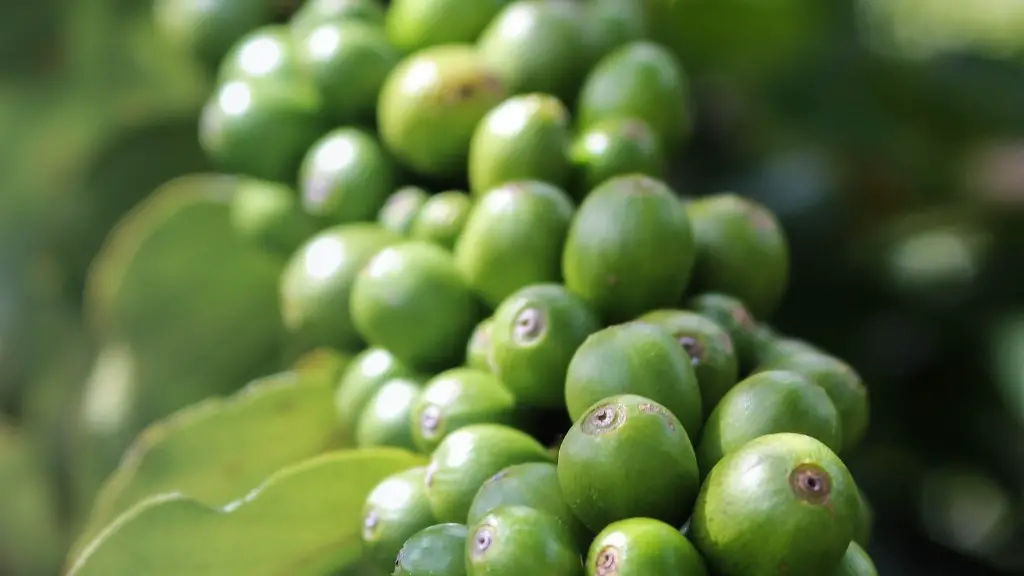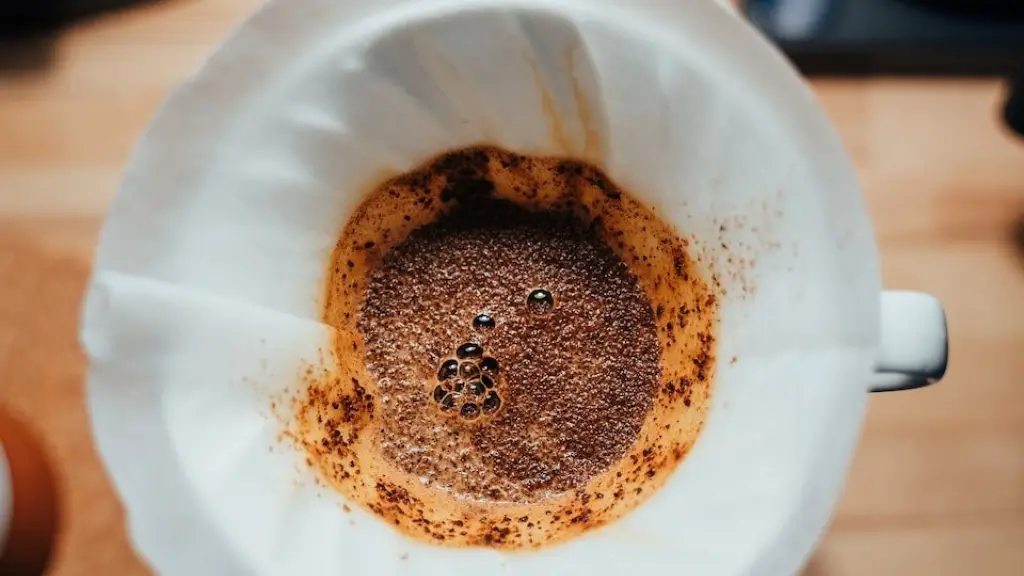Energy drinks have become increasingly popular in recent years. The caffeine, sugar, and energy they provide appeal to busy people who are looking for an effective energy boost. But is an energy drink really better than coffee? We investigate to find out.
A look at the ingredients
Energy drinks are formulated with a combination of caffeine, B-vitamins, herbs and often other stimulants such as guarana. Caffeine is known to increase alertness and cognitive performance. However, the specific mix of ingredients in energy drinks can vary from product to product. According to the Mayo Clinic, the average energy drink contains about 70 milligrams of caffeine, which is about twice the amount found in a cup of coffee.
The potential health effects
When consumed at normal levels, coffee and energy drinks can both provide health benefits. Caffeine can improve mood, athletic performance, and cognitive performance. However, when it comes to energy drinks, more is not necessarily better. High doses of energy drinks have been linked to cardiovascular problems and even psychoses. An energy drink can also have more sugar than coffee, which can increase the risk of obesity, diabetes, cancer, and other health problems. Furthermore, energy drinks are not regulated by the Food and Drug Administration, which means the safety and efficacy of the ingredients cannot always be verified.
The pros and cons
When choosing between coffee and energy drinks, it is important to consider the pros and cons of each. Coffee is a natural beverage with no added sugar and typically fewer calories than an energy drink. It has also been linked to a reduced risk of certain diseases. On the other hand, an energy drink can provide a quick energy boost that may be more effective than coffee. However, it may also carry the risk of side effects, especially if consumed in large doses.
Lower-caffeine alternatives
For those who are looking for an energy boost without the caffeine and sugar of an energy drink, there are several lower-caffeine alternatives. Green tea is one of the most popular options and contains about half the amount of caffeine found in a cup of coffee. Matcha tea is an alternative to green tea, providing the same benefits with even fewer calories. For an added energy boost, some people opt for caffeine supplements such as pills or powders. These alternative options provide a much lower dose of caffeine than coffee and energy drinks, but are still capable of providing an energy boost.
The bottom line
Whether you choose coffee or an energy drink, your goal should be to consume the beverage responsibly and in moderation. Coffee is generally a healthier option due to its lower amounts of caffeine and sugar, but it may not be as effective as an energy drink at providing an energy boost. Alternatives such as green tea and caffeine supplements also provide a lower-caffeine option.
Product labels and ingredients
The ingredients in energy drinks and coffee can vary widely, and it is important to read the product labels and do your research before consuming. Some energy drinks may have added stimulants, sugars, and synthetic ingredients; while coffee may have added sugars, syrups, and flavorings that can add to the overall caloric content. Checking the ingredient listings of products can be a simple way to help make a more informed decision.
Caffeine intake
It’s important to remember to keep your caffeine consumption in moderation. According to the Mayo Clinic, adults should not consume more than 400 milligrams of caffeine per day; the equivalent of four cups of brewed coffee. Too much caffeine can lead to jitters, nervousness, insomnia, and other unpleasant side effects.
Alternate beverages
If you’re looking for an energy boost without the caffeine, there are several lower-caffeine drinks available. Herbal teas, hot cocoa, and other non-caffeinated beverages can provide a pleasant pick-me-up without the potential side effects of too much caffeine. Additionally, staying hydrated with plain water can help to improve alertness and focus.
Knowledge about potential side effects
Caffeine is a powerful stimulant, and it can be dangerous when consumed in large amounts. It is important to be aware of the potential side effects of energy drinks and coffee and be mindful of your intake. If you are at risk of developing any of the side effects associated with high caffeine consumption, it is best to avoid energy drinks and other sources of caffeine entirely.
Controlled doses of caffeine
The best way to get an energy boost without the risks associated with caffeine is to consume only the amount your body can tolerate. Start with lower doses and build up gradually to find the amount that works best for you. Additionally, depending on the product, energy drinks may contain other ingredients such as herbal stimulants. If you are not familiar with these ingredients it is best to avoid consuming them.


